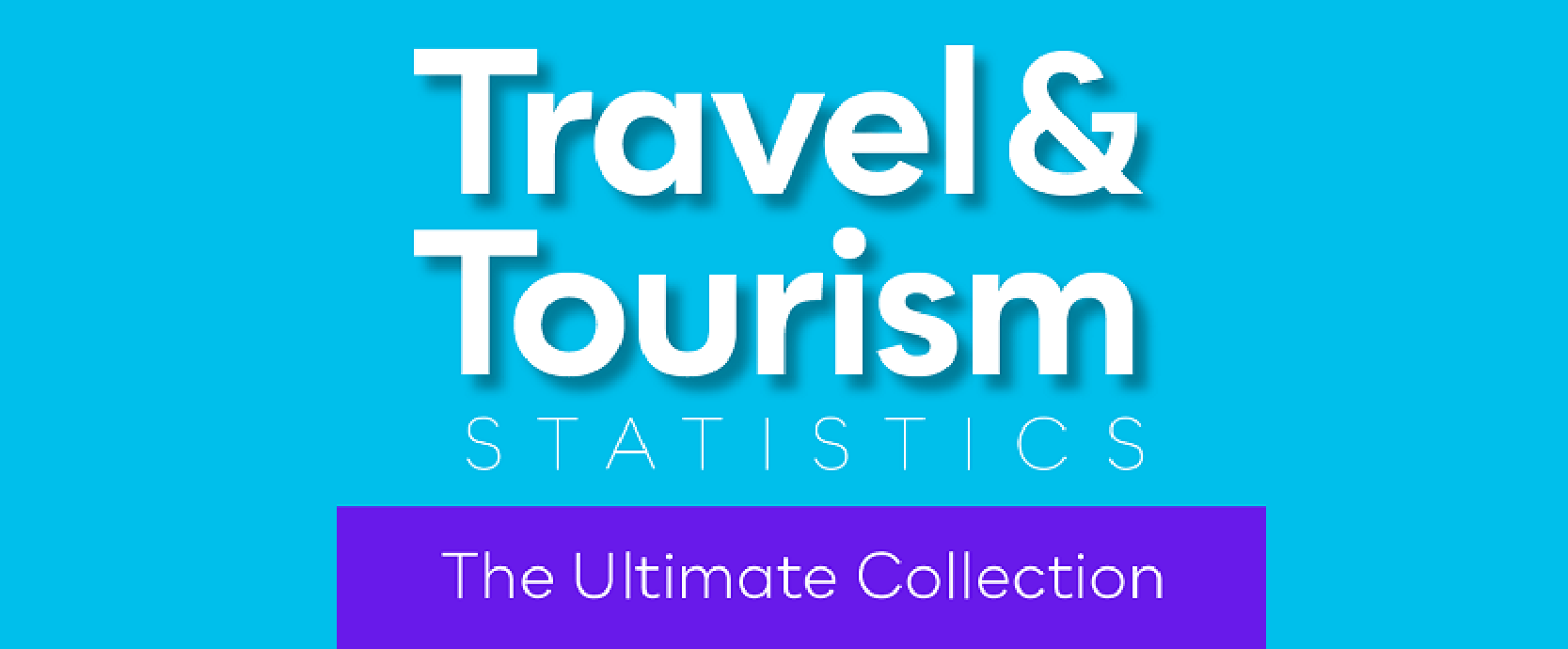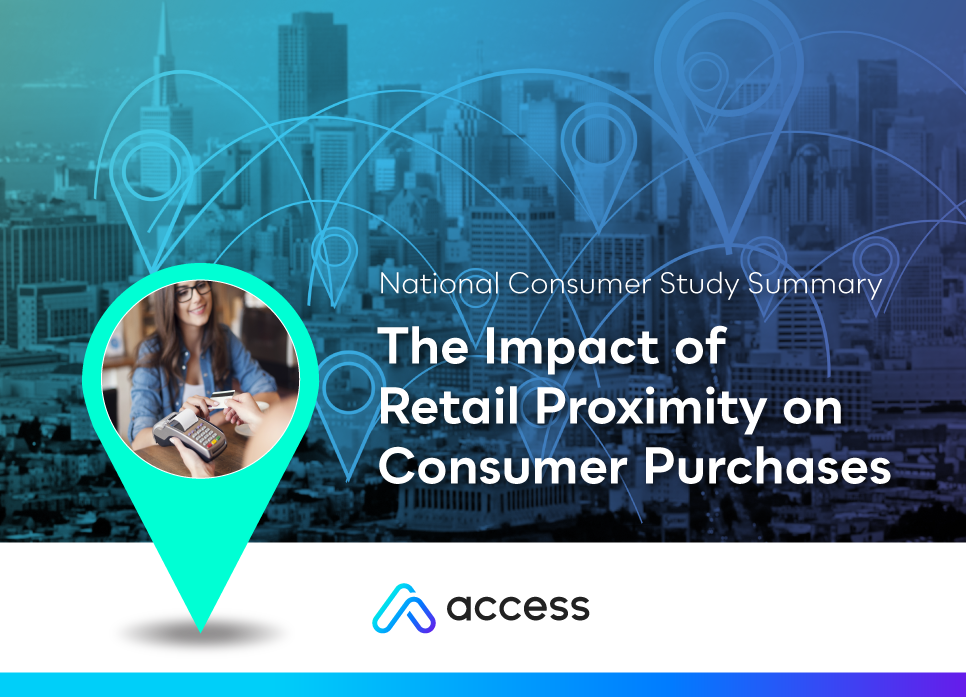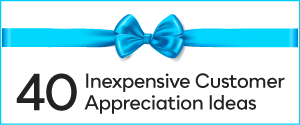Are You Active in Your Own Loyalty Program?
Our own Kelly Passey resurrected his blog, and his most recent post addresses a topic we discuss often at Access - far too many executives aren't active in their own loyalty programs. His post is below - to view the original, click here.
When I’m talking with loyalty executives about their needs, one of the first things I ask is how involved is your executive or senior management team in your loyalty program? Most of the time, the answer is “not very.”
If the leaders of a company (or even a rewards division) don’t support or engage with their own programs…how can we expect our customers to engage?
It’s indicative of a much larger issue: antipathy. Or the thought line of “Well, I have a loyalty program because I must have a loyalty program.”
See also: “We have a loyalty program that fits our current budget abilities.”
A lot of these same companies then sit back and wonder why their loyalty programs do nothing to move the dial. If only they would tune in to their customers.
Communicating with the customer and knowing what they need and want will add value and build a successful program. As a customer, I want to feel like I’m being reached out to and that my opinions matter. Companies then need to use those opinions to shape their programs.
According to the 2011 Colloquy Loyalty Census, the number of loyalty memberships in the U.S. exceeds 2 billion. The number of active members in the U.S. is still less than half the total. And, the definition around ‘active’ is defined with engaging with the program once per annum.
Not too engaging.
The lack of value (mission critical!) and good communication, from my perspective, results in unused rewards, disengagement, un-involvement, and no relevance. I suggest partnering with a loyalty company who is considered an expert in the particular field of loyalty you are considering. If you want to grab the attention of myself and other consumers, you must implement and market your loyalty program’s value, benefits, and how it helps solve ‘problems’ I have (one caveat: without stating the problem – we consumer don’t like to be told about them, but we know they exist!)
Obviously I strongly recommend key management personnel get involved, use the program, then help employees get engaged and use the program, learn and listen to all of their feedback. Leading by example and firsthand experience/knowledge is so crucial to a successful program.
Really it boils down to putting yourself in the shoes of your customers, which is something you ought to be doing on a daily basis.
What’s it going to take to get you involved in your own programs? You may notbe your target audience, but you will understand if the “ask” (or the behavior you are seeking) is sufficient for the “reward” your customers/employees will benefit from.
Topics: Rewards Programs, Access Development, kelly passey, customer loyalty, executives
Written by: Brandon Carter



.jpg)

.jpeg)






Share your Comment.